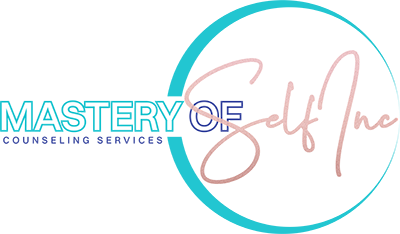
It is ideal for those who want to check in with their progress, chat about a specific issue that has sprung up between appointments, or for those who struggle to fill a regular hourly session time.
This is the standard therapy session!
This is ideal for those who feel that 60-minutes isn't enough time to cover their needs. This extended time can help us break down some of your concerns that feel stuck, disorganized, and overwhelming. Specific therapy models will recommend ample session time to cover key themes required.
If you struggle with commuting, have a hectic work life, or simply have obligations that "get in the way" of accessing help, this is the option for you!
Virtual therapy sessions are held via Phone Call/Video

(905) 218-3515 | info@masteryofselfinc.ca
Located at: 30a Kennedy Rd S, 101, Brampton, Ont L6W 3E2